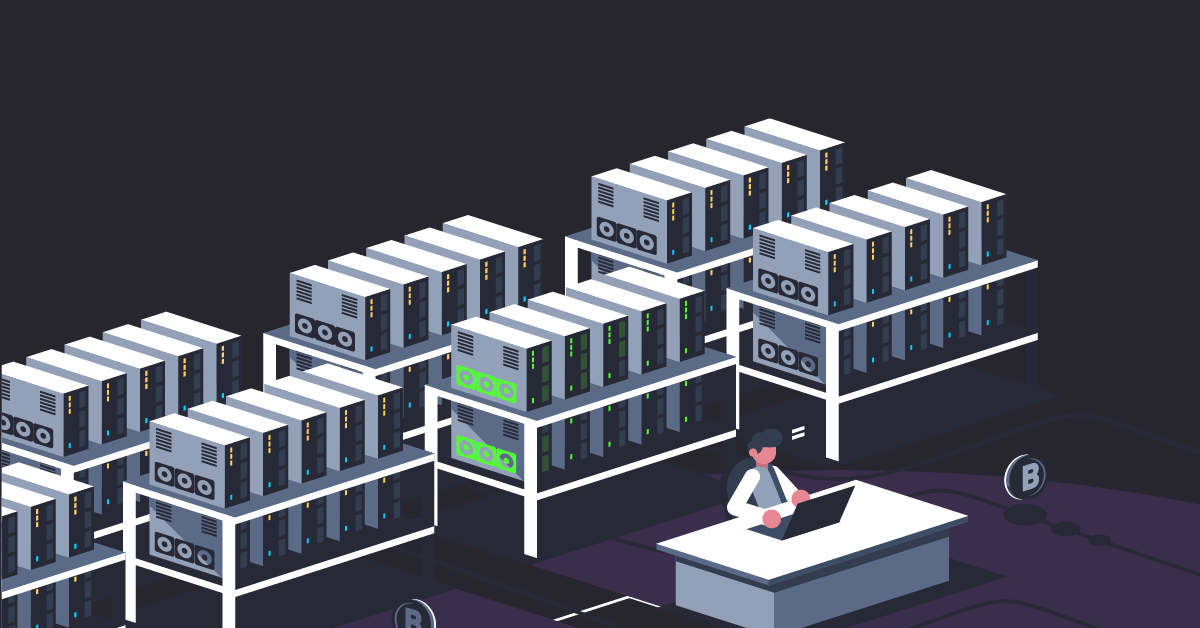


Bitcoin Is Deflating – Should You Be Worried?
- By Kriss
- Published on: May 18, 2021
One of the main features of Bitcoin is that only a previously set number of coins will come into existence, meaning that there will not and can’t ever be more than 21 million Bitcoins. This, by definition, makes Bitcoin a deflationary currency. Deflation is a state where the price levels decline over a period of time, and a Bitcoin would then become more valuable.
As Bitcoins will be worth more in a precise amount of time, it will also cause a negative pressure on the velocity of money. Why? Because if Bitcoins become worthier, there are more reasons for it’s owners to delay spending it. Prices must then fall more rapidly and that will increase the deflationary effect.
But what really is deflation?
Deflation means a recession in the general price level, the opposite of inflation. Or we could also think of it as an inflation below 0%. While inflation decreases the value of currency, deflation increases it. Because of deflation, people can afford to buy more with the same number of money.
One of the main reasons for the negative view on deflation is coming from the time of the great depression and the idea of a deflationary debt spiral. The theory is basically that during a period of economic recession and deflation, the real value of debt increases. An increase like that exaggerates the misfortunes of an already fragile economy.
The current economic narrative states that deflation is an unwanted economic phenomenon, while mild inflation of around 2% per year is desired. However, this measuring can not distinguish quality (for example, for a laptop this year and last year for the same price, although this year’s version is much better), so it is considered that this 2% can also cover technological progress. Simply put – if, on average, everything is 2% better today but also 2% more expensive than last year, then the rise in prices per unit of quality is actually 0%.
And why is Bitcoin deflatory?
The answer is actually very simple – because some Bitcoins are lost whenever someone loses the password to their wallet, when they (accidentally) send Bitcoins to a non-Bitcoin address, or when they stay at an address in such a small amount that the fee cannot be paid to move them and even when someone voluntarily burns them. All the previous will cause Bitcoin’s money supply to decline a little bit every year.
Should you be afraid of the deflation?
Yes and no. Living in an economy where new money comes from new loans, decreasing prices make debt relatively more expensive. For example, you owe a million and that million now has more purchasing power, you owe relatively more. Plus, you cannot expect a rise in your salary, rather than the opposite. If debt is more expensive, fewer loans will be provided and as a result less new money will be created. This will lower the prices, which in turn puts even more pressure on monetary deflation and sends us rolling down like a snowball.
Expected deflation would easily be passed on to interest rates, and even if it was surprisingly higher and people took out less credit, it would not cause currency deflation. As the money doesn’t come from thin-air loans with Bitcoin, the spiral would stop naturally as the interest rates in the market for loanable funds would adapt.
That consecutively would make loans cheaper before a new balance was found. It wouldn’t destroy the whole weak system, like it would with fiat money. Ultimately, this is not some hypothetical theory, the exact same thing happened with the gold standard, even though it was very imperfect. Prices would go up and down as supply and demand rules but would do so without the artificial increases or decreases from interrupting with the stock of money. With Bitcoin, we can afford to let everything happen spontaneously.
Conclusion
However, Bitcoin is in fact a new and exceptional system, which is still likely to cause more economic problems – presumably the unexpected or new ones. After all, there isn’t a perfect money. Although it may be more difficult, identifying Bitcoin’s potential economic issues may need more analysis and a deeper understanding of the underlying technology.
Somewhat ironically, if you believe these economic problems associated with deflation have a remote chance of being relevant, like many of the critics suggest, it would mean that Bitcoin has a pretty good chance of becoming widely adopted and hugely successful.
- Share via

Kiara Sofia Smith
My current focus is blockchain technology and cryptocurrency. One could even call me a blockchain “enthusiast.” I have worked for almost a decade on several financial projects related to the stock market news, fundamental research and technical analysis for several blogs.
Recent Posts


Bitcoin Consumes More Energy Than a Lot of Countries. Why Is That Possible?

Why There Might Be a Correlation Between U.S. Covid Cases and Crypto Prices
About Us
We are friendly cryptocurrency community and our mission is to give the latest info access to the people.



